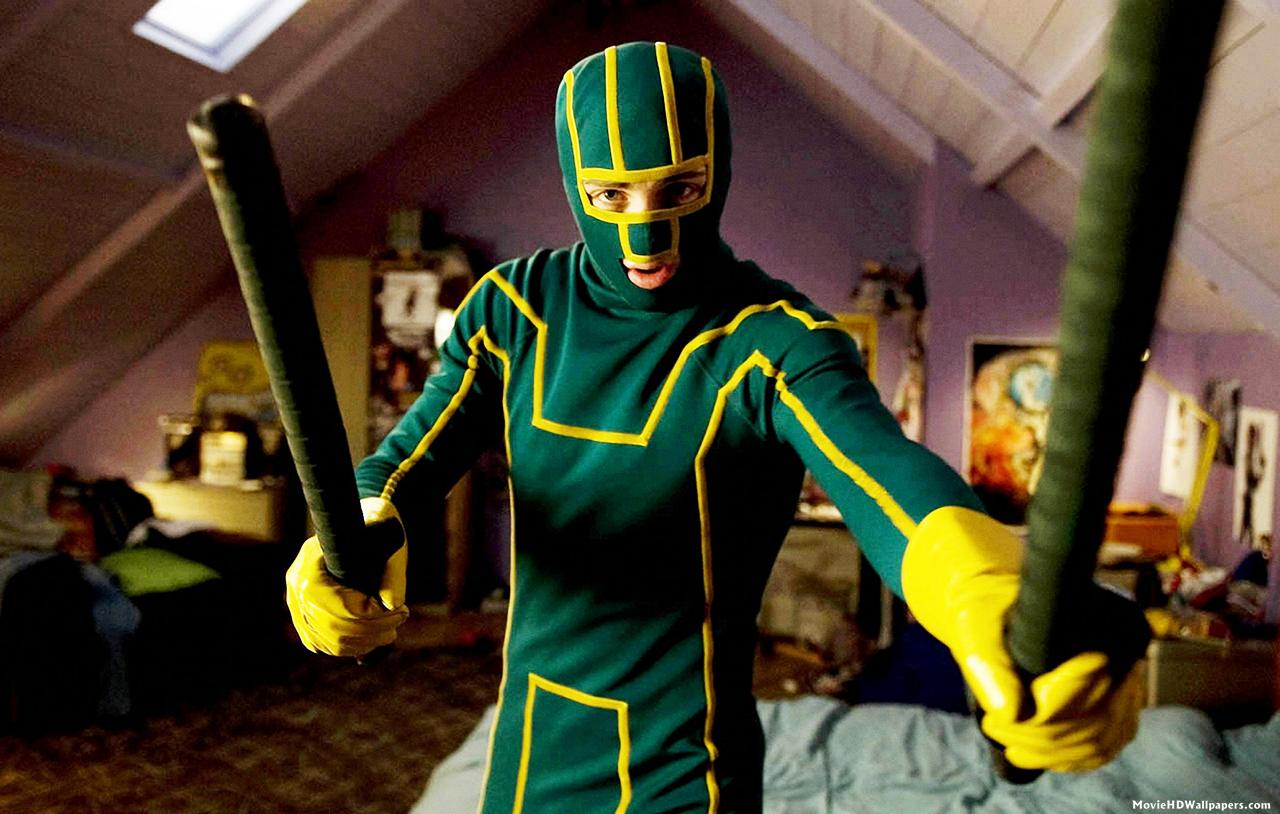Given its subject matter, Brainwashed: Sex-Camera-Power proves ironically reductive a thesis on art and sexual politics.
While made largely in response to the #MeToo Movement — and, more specifically given the topic, the public recognition of decades-long sexual abuse in the film industry — which gained prominence only five years ago, Brainwashed: Sex-Camera-Power already feels considerably outdated as it begins to enter the festival circuit. This could be due to the circumstances of the project’s inception, its origins dating back to 2017 as an illustrated lecture delivered by filmmaker and CalArts instructor Nina Menkes, now adapted into a feature-length documentary with film clips, interviews, and Menkes’ own talk constituting the bulk of the runtime. But the core of what she’s been arguing — that Hollywood entertainment has primarily catered to a cis, heterosexual, white male audience, reflecting the business’ chauvinistic hiring practices — remains as true now as it was then, despite some posturing done to make the entire endeavor seem “dangerous” from the jump (an ominous opening voicemail making vague threats of “ending things” attempts to animate atmosphere). If anything, a contemporaneous cinematic interpretation should serve as a timely reminder of how little progress has been made in the grand scheme of things, even if the end results would always prove to be formally listless given the original medium by which these ideas were first presented (a public speech was never the most inherently filmic event in the first place).
But these broader systemic contentions are all attached to a reductive thesis that would have been cutting edge in the 1970s, made even clearer by the heavy Laura Mulvey worship that infiltrates the doc’s first leg — with the phrase “male gaze” awkwardly crowbarred into each talking head soundbite afterward — and a theoretical framework that could be charitably characterized as “second-wave.” It’s the basics of what you’d come to expect from this sort of thing: who’s doing the looking in movies, especially in commercial cinema? Males. Who’s being looked at? Women, who are objects to be looked at, to be acted upon. This is obviously a perfectly valid (if far too binary) lens by which one can experience any piece of art, one which opens new avenues for inclusive discourses, but one that even its staunchest advocates would practice with far more attentive nuance than what Menkes provides. It’s not what she’s arguing, but how she’s arguing it, explicitly seen with both her selected targets, ranging from ones that suggest she’s willfully missing the point — Alfred Hitchcock, Brian De Palma, and Orson Welles made films about obsession and oppression, color me shocked — to the obvious lowest of low-hanging fruit (Barbarella and Adam Sandler comedies), and her regressive, often contradicting and cringe views involving topics such as on-screen nudity and artistic intentionality.
She claims she isn’t trying to be the “sex police,” but it often seems that way with how little she allows even female filmmakers to display in their works. Titane gets a slap on the wrist for the supposed objectification of its lead protagonist, and Sofia Coppola’s accused of pedaling sexist tropes with the opening shot of Lost in Translation; yet, Cheryl Dunye gets a pass for her explicit sex scenes? Cuties is dismissed because attempting to reclaim or subvert the male gaze would only reinforce its preponderance, but Promising Young Woman is patted on the back for the same exact reason? Maybe that’s because Menkes doesn’t provide the proper context for either work, as is the case with most other films discussed as she fails to build her arguments on cogent reasoning (there’s a Cinema Sins-esque gotcha aimed at Raging Bull’s audio mixing that’s especially unconvincing). Even when she does, like when she explains how a long take of Brigitte Bardot’s derriere from Jean-Luc Godard’s Contempt is satire, it’s waved off as irrelevant; intention, so it seems, is negligible in art discourse nowadays.
The biggest point of confusion comes with a few bad-faith attacks on Kathryn Bigelow, who’s accused of selling out — based on her film’s masculine sensibilities, obviously selected due to internalized self-hatred — and called out for The Hurt Locker’s all-male lead crew, a criticism that feels especially short-sighted given the documentary’s starting premise of pervasive institutional sexism within Hollywood. She’s not even properly given her due as the first woman to ever be awarded Best Director at the Academy Awards, since she doesn’t fit into the narrow confines of Menkes’ model — praise is, instead, bestowed upon Chloé Zhao — and is subject to more scrutiny than the entire Marvel machine (though that’s probably because this performance was recorded at The Walt Disney Theater, while Brainwashed credits three different executive producers who carry the Disney family name). In fact, the filmmaker Menkes has the most praise for is, strangely enough, herself, as she references three (?!) of her own films and highlights their merits with deliciously off-handed praise (funniest line of the year, hands down: “For Tarkovsky lovers, you’ll notice my homage”). But despite their inclusions being grossly self-promotional, Menkes’ films are at least able to reach a certain platonic ideal of women’s liberation that Brainwashed feels incapable of ever really properly articulating.
Published as part of Sundance Film Festival 2022 — Dispatch 2.







